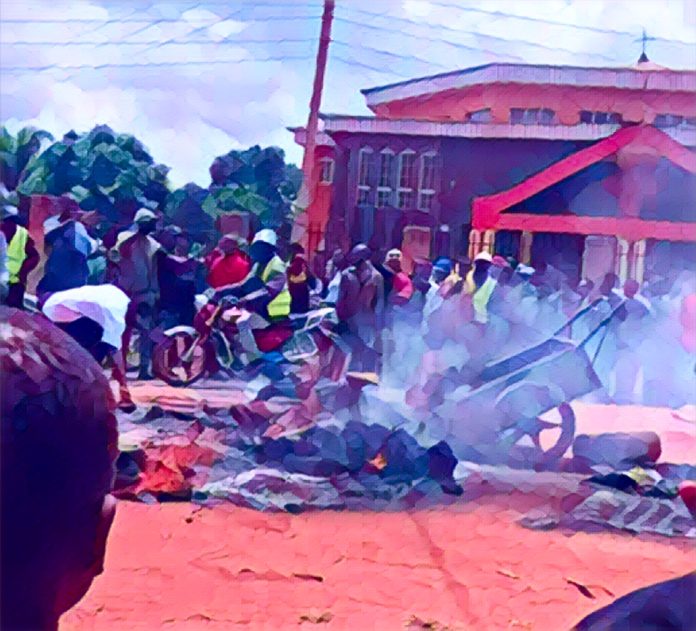Key Points
- The Yoruba youth leadership strongly disapproves of the Fulani assaults in Edo State while asking for an immediate response.
- The southwestern Nigerian region needs to function together and maintain better security measures to ensure stability.
- The government should take immediate action to deal with Fulani herdsmen’s threatening activities.
The leaders of Yoruba Nation Youth issued sharp statements against both the Edo State assault against Fulani herdsmen and unlawful arrests targeting local youths in the region.
Two leaders from Yoruba Nation Youth signed a statement to demonstrate their support for Edo State’s citizenry.
Condemnation of Uromi killings
Youth leadership in Yoruba Nation rejected herdsmen attack violence because these incidents indicated a rising conflict in southwestern Nigerian territories. While condemning the Uromi killings, they declared that attacks against Edo State security would extend beyond its borders into every Yoruba-language area.
The people of Edo defended their communities against what they perceived as Fulani domination which led to the outburst of deep-seated grievance as explained by the leaders.
The leaders demanded a unified security initiative
The Yoruba youth leaders demanded southwestern unity by recommending all youth leaders and community stakeholders and government officials to work together against further violence.
The activists required both state and federal government to enhance security measures against the rising hostility from Fulani herdsmen while protecting people of Edo State and southwest Nigeria.
The public statement denounced the federal government’s failure to address allegations of kidnapping along with killing and farm destruction that Fulani herdsmen have caused in southwestern Nigeria.
The leaders declared that southwest residents would no longer endure these actions because they demanded stronger border security measures to block herdsmen from entering.
Appeal for government action and opposition to sharia law
Youth leaders demonstrated disappointment about the nonexistent justice system for the herdsmen because they considered their actions to qualify as terrorism despite their freedom from prosecution.
Members of the public denounced Oyo State’s planned implementation of Sharia law because it would create destabilizing effects within the region. Additionally, they warned Governor Seyi Makinde that such judicial attempts would endanger the state’s stability.



